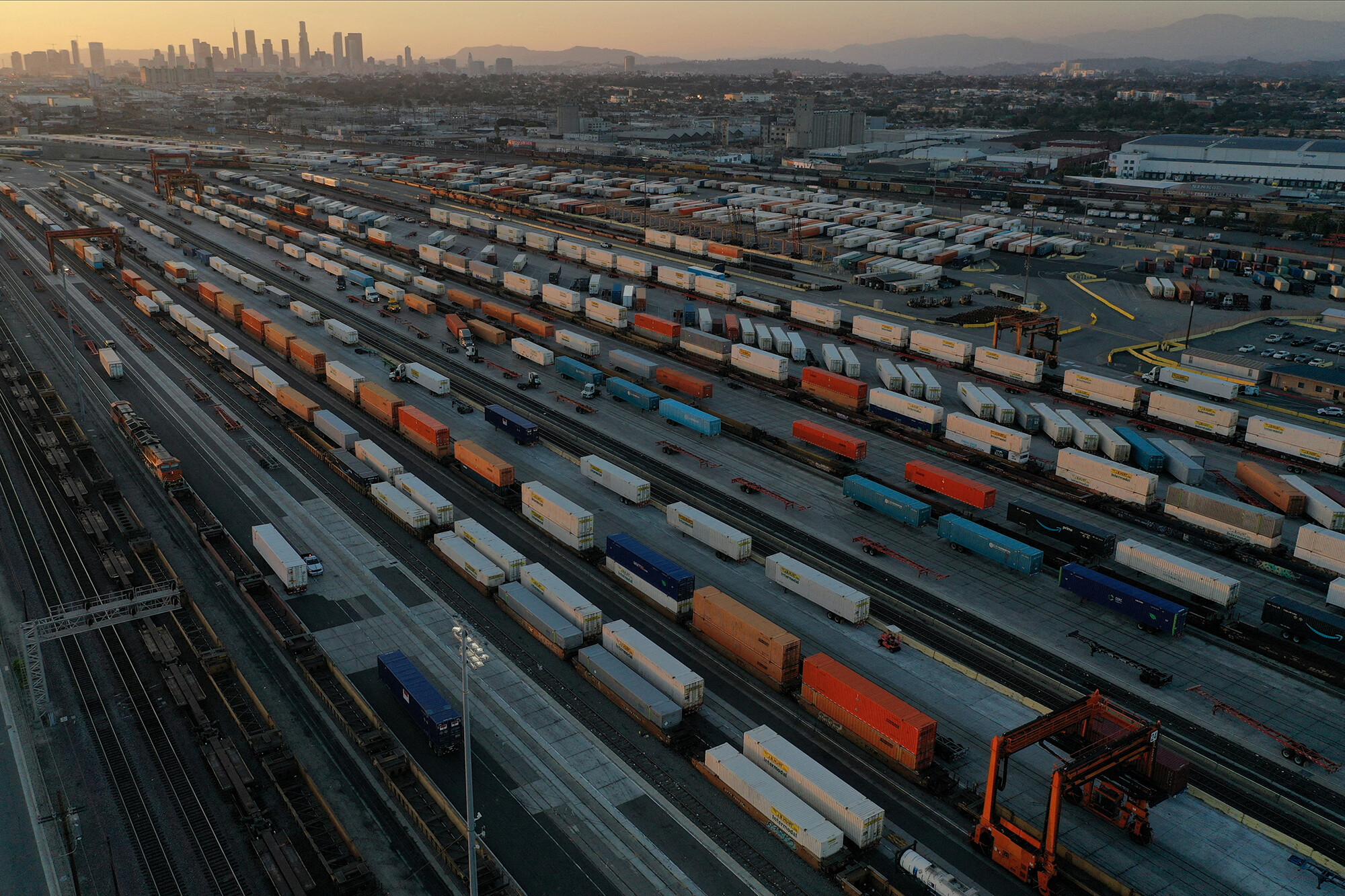Devastating freight Rail Strike? Government May Impose Settlement By First Week in December
- Details
- Created: 22 November 2022 22 November 2022
Just when the transportation industry thought a rail strike was not in the cards due to a Biden-negotiated settlement earlier this year, four of the major unions have now rejected the previous 'deal.' It's not an exaggeration to say that the health of the fragile American economy is at stake.
From the Associated Press:
OMAHA, Neb. (AP) — American consumers and nearly every industry will be affected if freight trains grind to a halt next month.
 One of the biggest rail unions rejected its deal Monday, joining three others that have failed to approve contracts over concerns about demanding schedules and the lack of paid sick time. That raises the risk of a strike, which could start as soon as Dec. 5.
One of the biggest rail unions rejected its deal Monday, joining three others that have failed to approve contracts over concerns about demanding schedules and the lack of paid sick time. That raises the risk of a strike, which could start as soon as Dec. 5.
It wouldn’t take long for the effects of a rail strike to trickle through the economy. Many businesses only have a few days’ worth of raw materials and space for finished goods. Makers of food, fuel, cars and chemicals would all feel the squeeze, as would their customers.
That’s not to mention the commuters who would be left stranded because many passenger railroads use tracks owned by the freight railroads.
The stakes are so high for the economy that Congress is expected to intervene and impose contract terms on railroad workers. The last time US railroads went on strike was in 1992. That strike lasted two days before Congress intervened. An extended rail shutdown has not happened for a century, partly because a law passed in 1926 that governs rail negotiations made it much harder for workers to strike. The full article.
